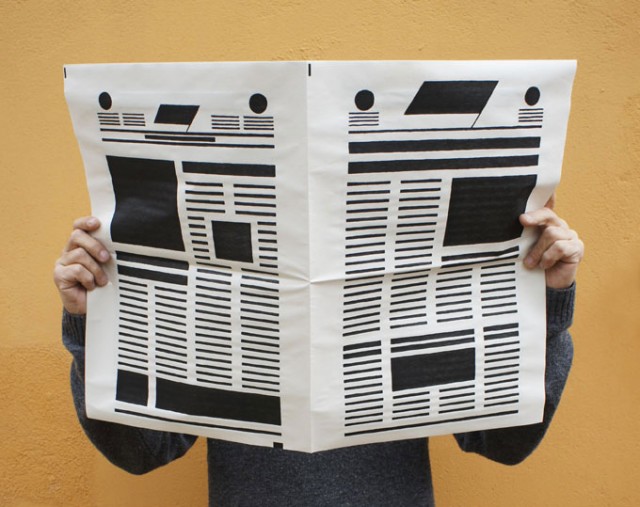
Last year's Apple v. Samsung patent trial was a blockbuster. There were 21 seats available to the press, and on many days they were filled up, with extra reporters in an overflow room. Many outlets, including Ars, covered the trial nearly every day.
The access was extraordinary, and the public saw many never-before-seen documents. That was thanks in large part to the fact that Reuters lawyered up and intervened in the case, a move that undoubtedly benefited the entire press corps and public access generally. US District Judge Lucy Koh, who oversaw the litigation, scrutinized every document that Apple and Samsung wanted to seal from public view. USB drives containing the exhibits that were entered into evidence were sent down to the press room after each day's testimony.
However, the openness of the litigation has limits that are becoming clear post-trial. Koh wanted to unseal more documents post-trial, but today she was sharply overruled by the US Court of Appeals for the Federal Circuit.
During the trial, the two warring corporations unsealed many documents under Koh's eye. But there remained, at the end of the trial, a set of documents that the parties and the judge could not agree about. Those documents related to per-product pricing information on Apple products, as well as certain market research reports, among other things.
Apple "cannot both use its financial data to seek multi-billion dollar damages and insist on keeping it secret," Koh wrote back in October. "The public’s interest in accessing Apple’s financial information is now perhaps even greater than it was at trial."
A three-judge appeals panel disagreed. "There is no doubt that this case generated an extraordinary amount of public interest," wrote the panel in an opinion published this morning. "But it does not necessarily follow that the public has a legally cognizable interest in every document filed."
The parties were seeking only to redact "their most confidential financial information." The appeals court ruled that Judge Koh was mistaken in ordering the documents unsealed and that her error was an "abuse of discretion," which is the legal standard needed for her to be overruled in this case.
The appeals panel also took notice that the information wasn't actually used by the jury in the district court. "Data concerning Apple’s customers outside of the United States would not assist the public’s understanding of Apple’s damages in the United States—the only damages at issue in this case."
Reuters did not pursue the issue on appeal, and the argument was instead picked up by the First Amendment Coalition, whose members are print and broadcast media groups such as the Los Angeles Times, the Associated Press, and Wired. Wired, like Ars Technica, is owned by Condé Nast.
University of Missouri law professor Dennis Crouch, who writes the Patently-O patent law blog, found today's ruling to be part of a distressing trend of keeping more court battles behind closed doors. In a post entitled "Federal Circuit: Secret Patent Trials are OK," Crouch wrote, "In recent years more and more judges have allowed the courts to become a largely secret adjudication forum... This parallels the rise in the ongoing secret adjudication both for grand juries and national security issues."
reader comments
56